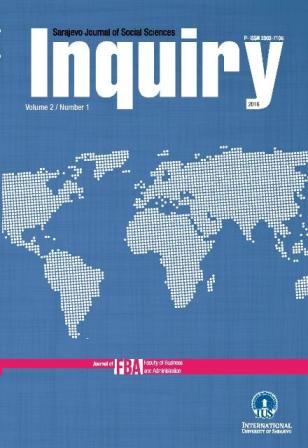
Euro-Scepticism In Turkey of AKP Period in the Context of Temporary Tensions and Permanent Interests
Turkey’s relationship with the European Union (EU) has a long history that reaches back to its application for associate membership in the European Economic Community (EEC) in July 1959 and the resulting Ankara Agreement in 1963. Turkey made its official membership application in 1987 and was granted official candidate status in 1999.Throughout this long process, Turkish political elites perceived EU membership as an ideal for Turkey and highlighted their commitment to their realization of Turkish accession to the EU. However this ideal, began to change towards the second half of the 2000s. Many commentators take October 2005 the official start of membership negotiations between Turkey and the EU, as the beginning of the end, the turning point where the ‘golden age’ of the EU membership project ended, after which it gradually began to Euroscepticism. There are more than enough reasons for the growing Euroscepticism in Turkey. In this context, the study aims to analyze the reasons of Euroskepticismin Turkey with particular focus on Adalet ve KalkınmaPartisi-AKP (Justice and Development Party) and how this suspicion would affect the membership course.
More...